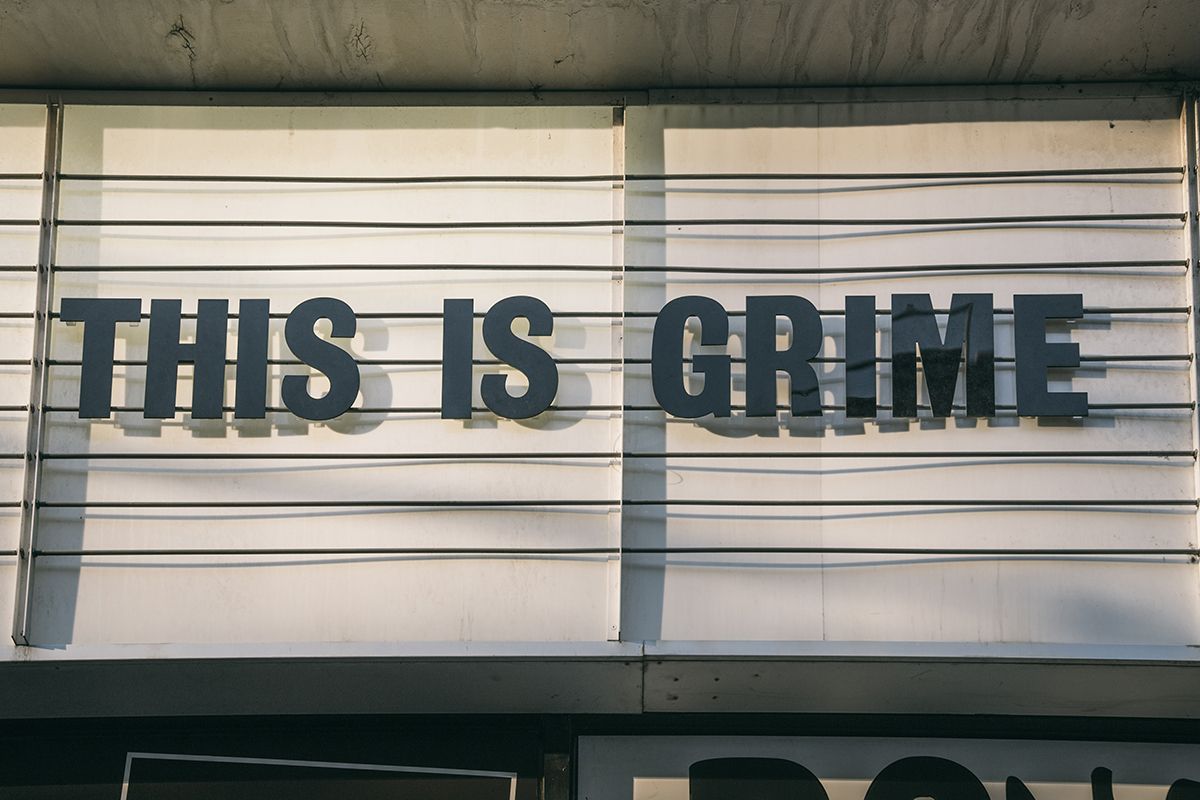This week, i-D brought together some of the biggest names in grime in conversation to celebrate the launch of This Is Grime, the first publication ever to document the subculture. Created by i-D Features Director Hattie Collins and photographer Olivia Rose, This Is Grime gives an insight into the genre, featuring everyone from Skepta and Stormzy to Lady Leshurr and Kano. At Rough Trade, Stormzy, JME, Novelist, and Logan Sama sat down with Hattie and Olivia to discuss pirate radio, grime DVDs, and Bluetooth. Here’s what we learned:
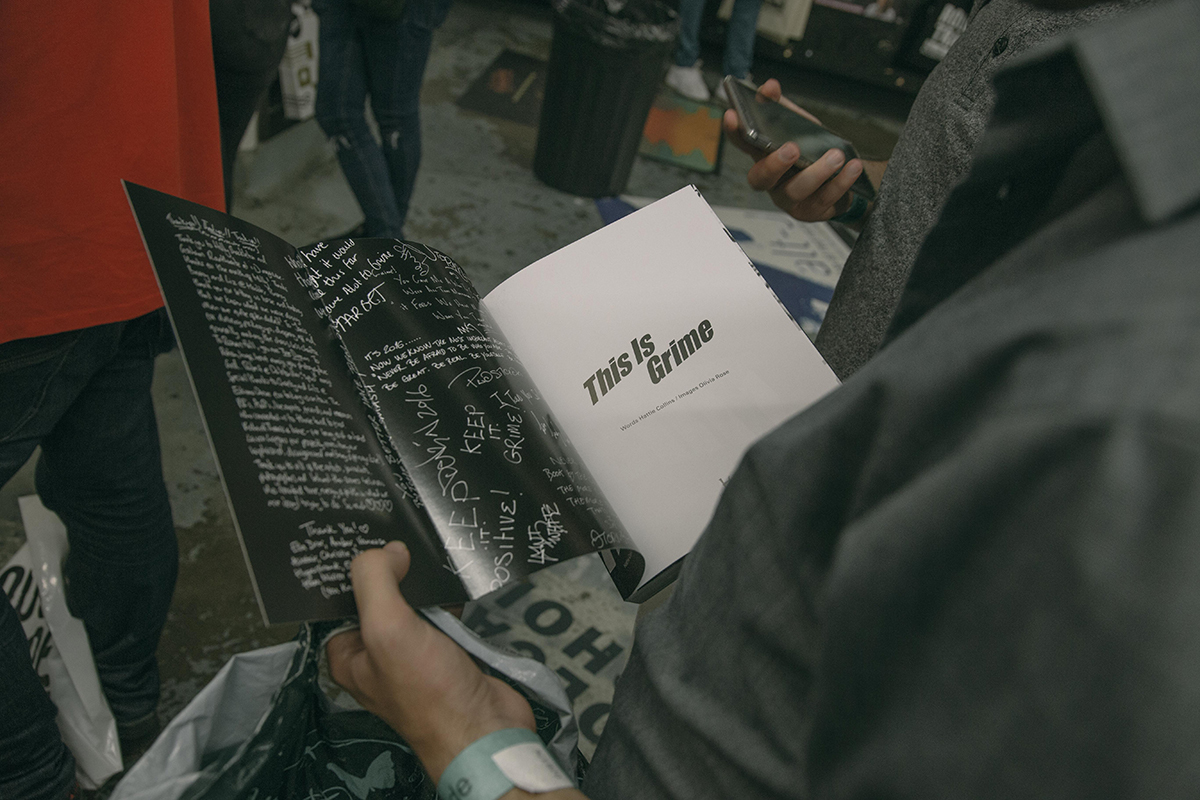
Novelist started his career in grime at six-years-old:
“I was six. You think I’m joking? My uncle was pretty youthful, and I used to sit in his Mazda and lock into Rinse and other pirates. I can’t even remember the names of all the pirates we’d lock into but I was just there, in the car hearing all this stuff thinking, ‘this is sick.’ I’m a little kid in the back of the car; getting super exhilarated thinking this is mad. Then I started putting faces to voices because of DVDs like RiskyRoadz and Lord of the Mics when I was like, six or seven years old but watching them as if I’m an older person. I was watching the whole thing, replaying it, learning the ad libs. I was exposed to grime from early.”
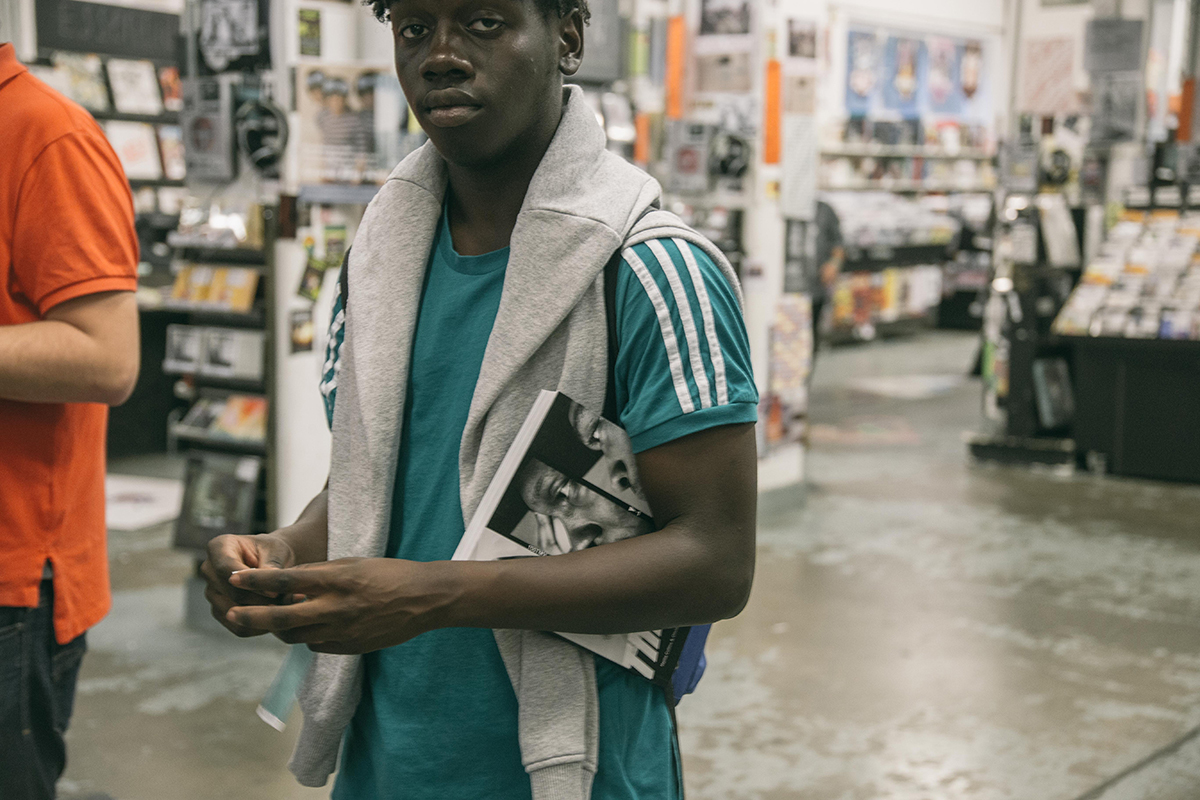
Michael Omari was working on an oil refinery before he was Stormzy:
“At the end of 2013, I’d done 10 months in college and moved to Southampton to start work on an oil refinery there. I’ve always been spitting and always been writing so I remember at that time, in terms of what made me say, ‘yeah let me start my career,’ it was Krept and Konan. When I saw them doing incredible things for me, that was all the evidence I needed. I went to school with Krept. These are literally like — I see you most days of the week, I know you’re similar to me, these are people that I know and they’re doing it. They’re winning awards, they’re on the TV, and they’re traveling the world so I said, ‘I definitely can do it.'”
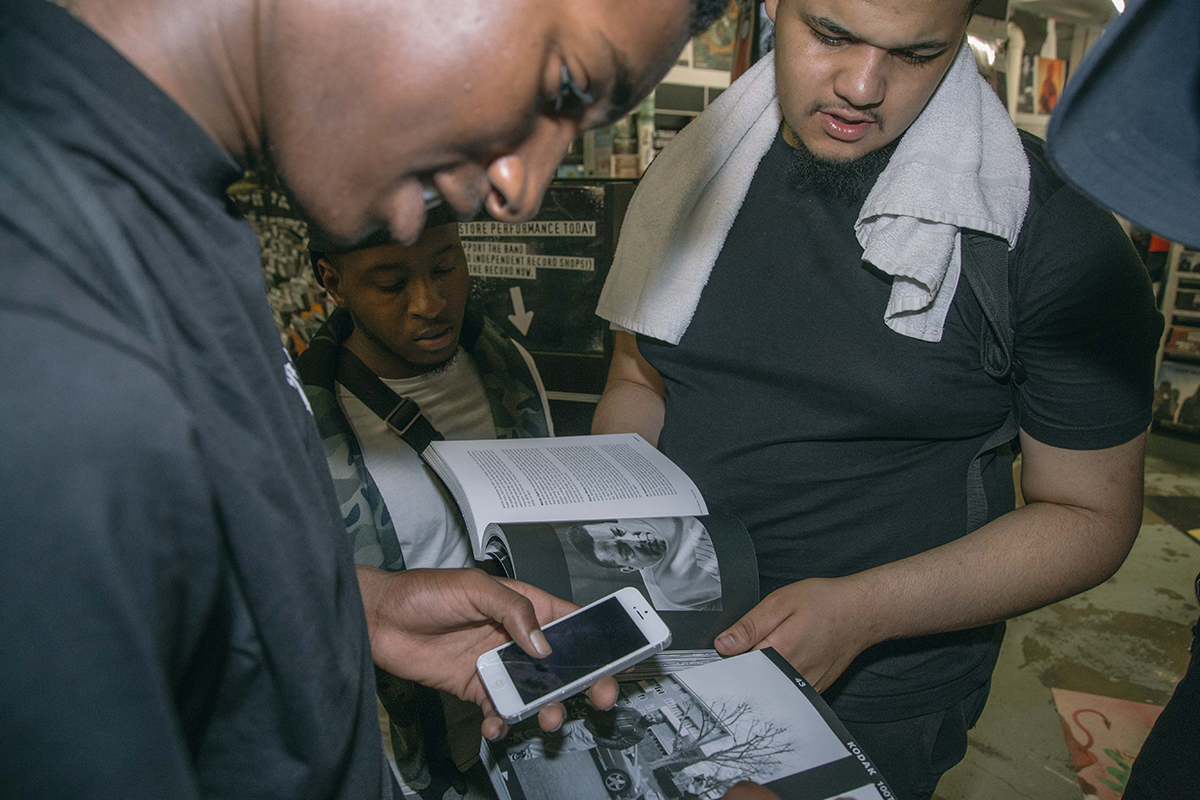
Logan Sama explains how in the beginning, it was all on MSN and Bluetooth:
“At the 2005/06/07 sort of time, I was radio and you had big level artists of the times and movements — your Boy Better Knows and Kano and Wileys and what have you. There was a whole world of music that was being made that existed on MSN and Bluetooth and tunes that were massive in the ends, but unseen because it was a proper underground. The tunes never came out, you couldn’t buy them anywhere. You traded them, in it.”
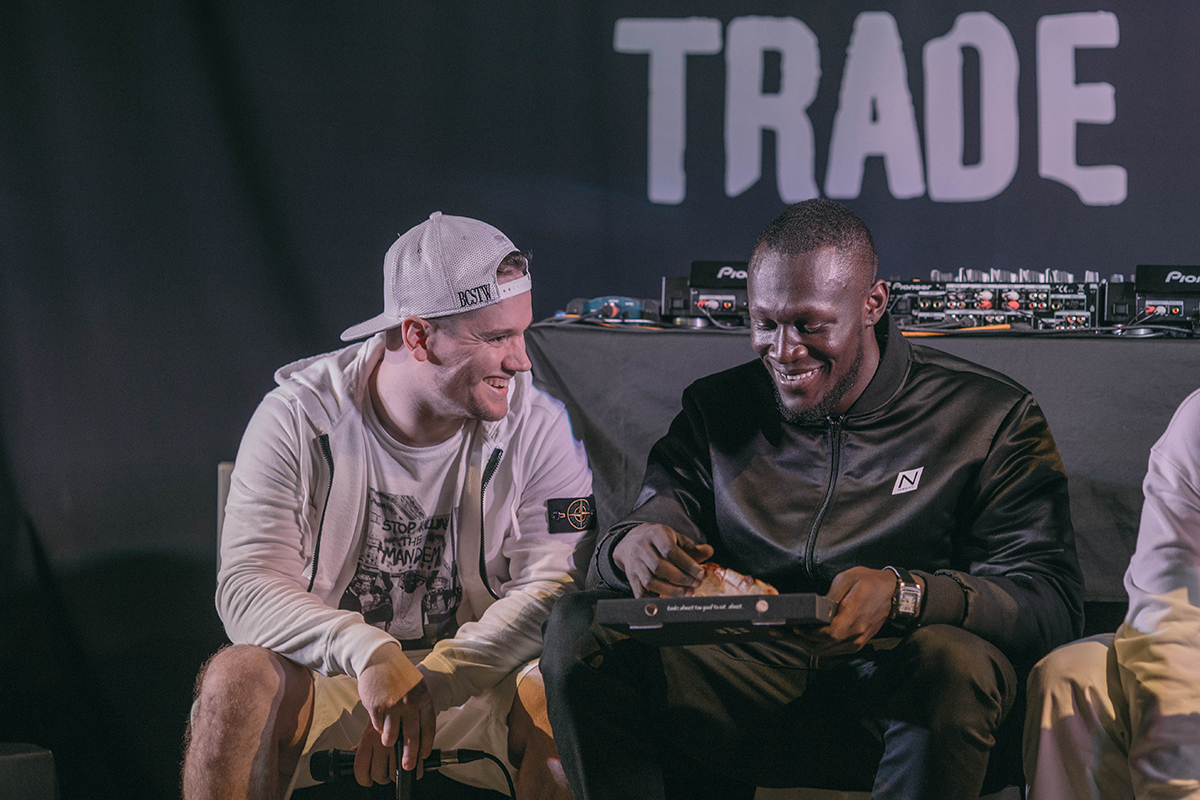
Novelist’s advice is that you should create your sound before anything else:
“When people wanna do music, the first thing you should be thinking about is sound. That’s it. How good do I sound in this moment when I go into the studio, or when I go into my bedroom to make this beat. Think about sound first and everything else will come. Because if you sound sick people cannot ignore you. It doesn’t matter how long you take or whatever, people have to pay attention to you. People are looking at the Twitter followers, looking at Instagram likes, everything other than what actually people are paying attention to. The sound is what is going to make you have longevity.”

According to JME, the key to grime is to enjoy it:
“My advice to anyone is — over my long, long career in this business — I’ve managed to stay out of the business. I’m not in the music business at all, I’m just a person that makes music in his bedroom. My advice would be, all you have to do is enjoy it. If you enjoy it and nobody likes it, everybody dies, it’s cool. If you don’t enjoy it and everybody loves it, you didn’t enjoy it. If you’re gonna do it, enjoy it. Make the music you want to make and enjoy it and when you enjoy something that positive vibe, you put out.”
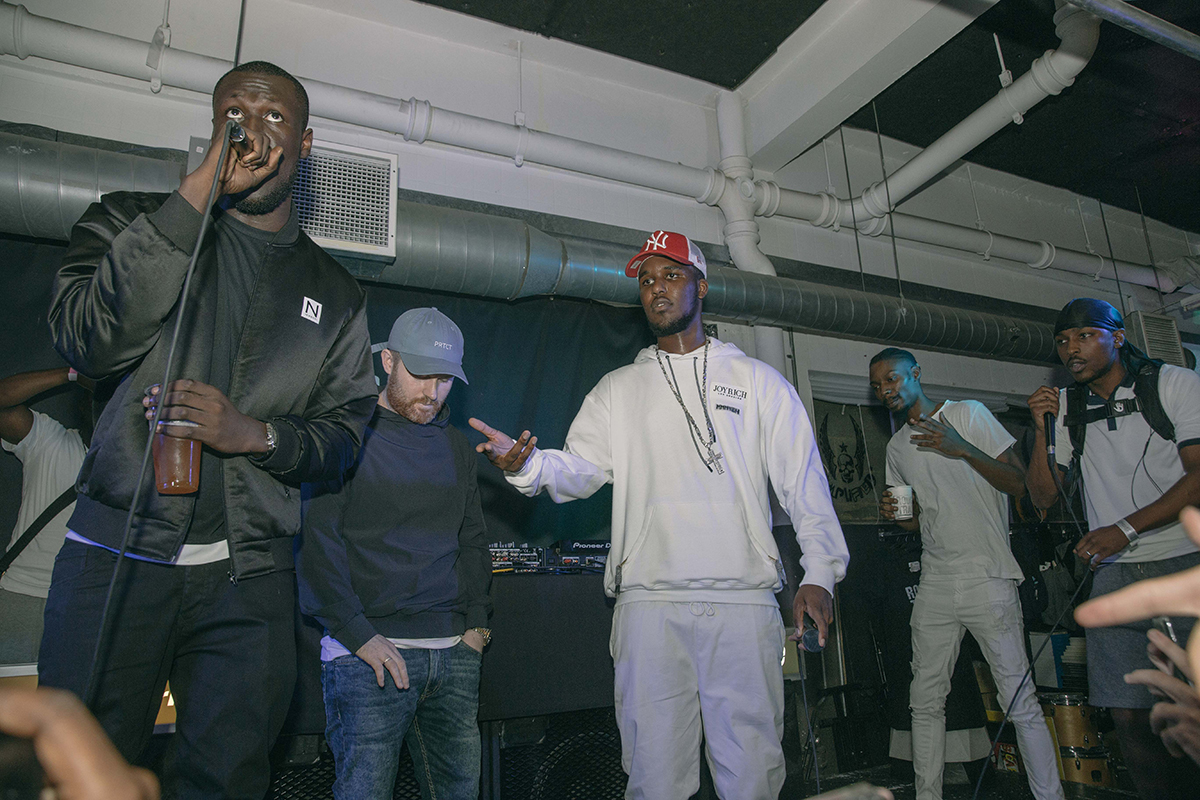
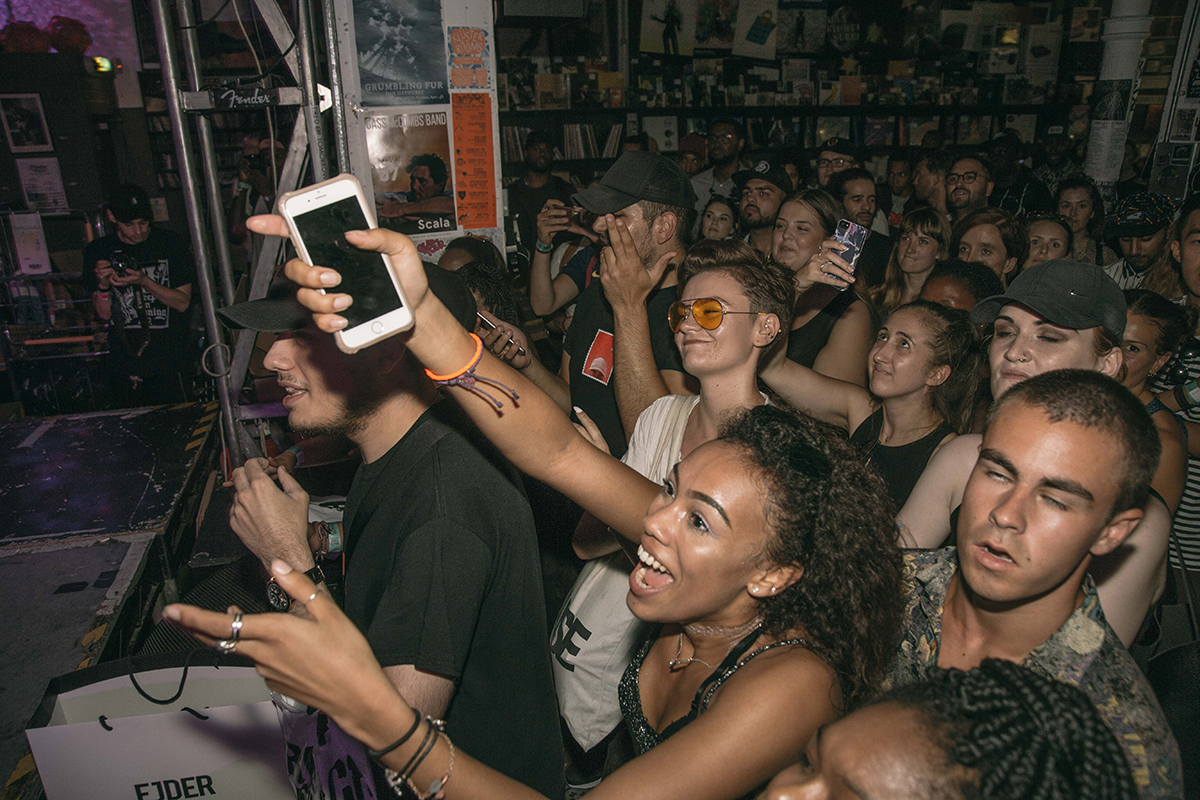
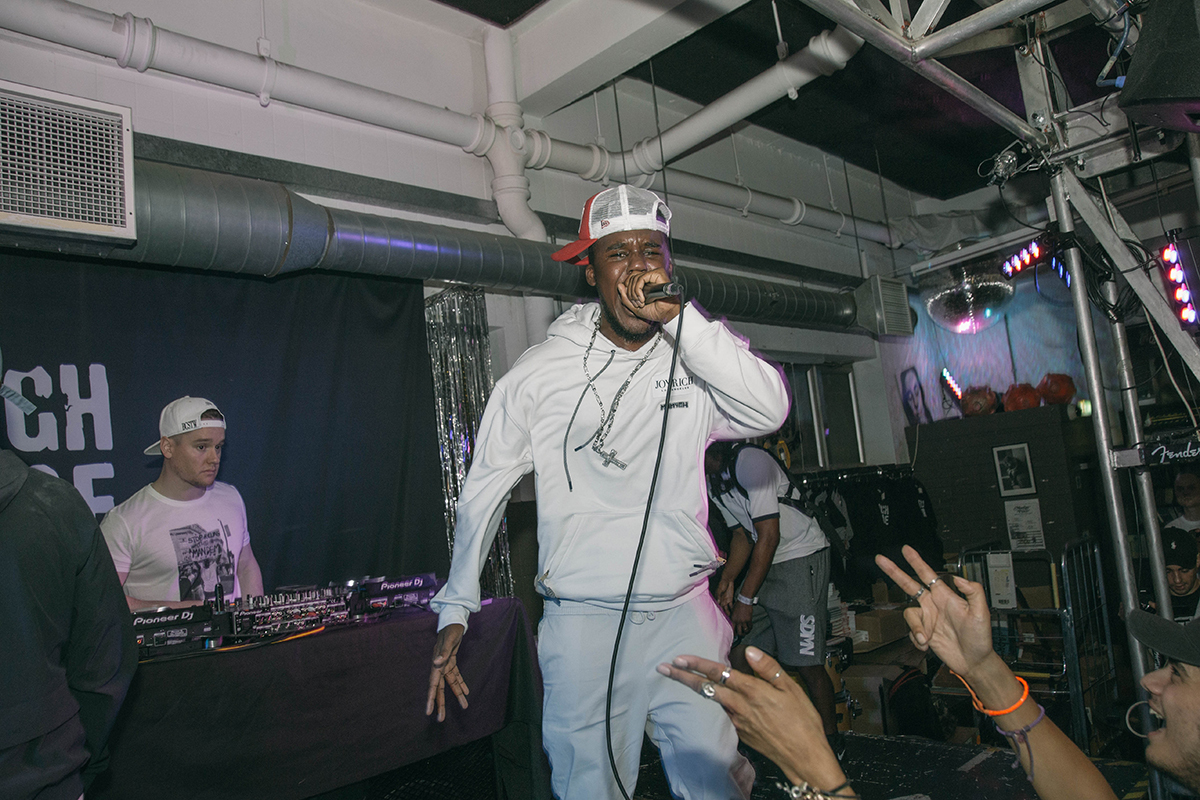
Credits
Text Lula Ososki
Photography Theo McInnes
